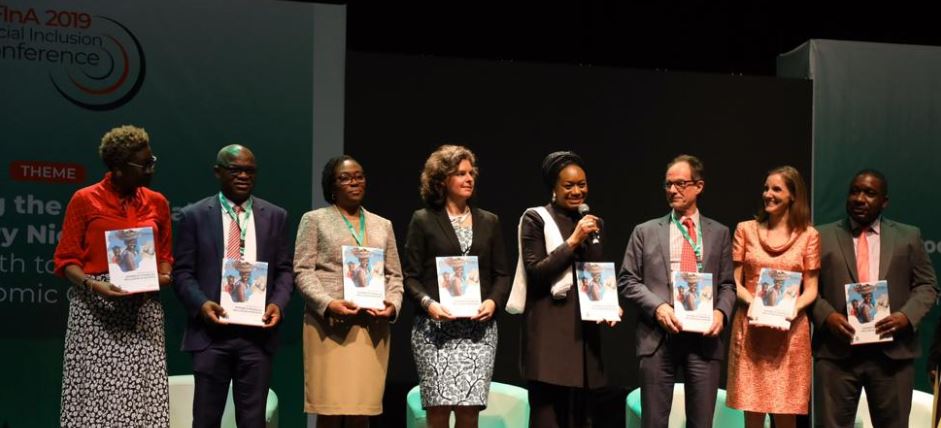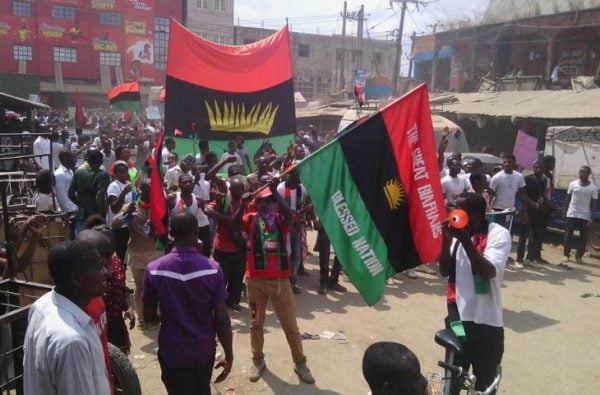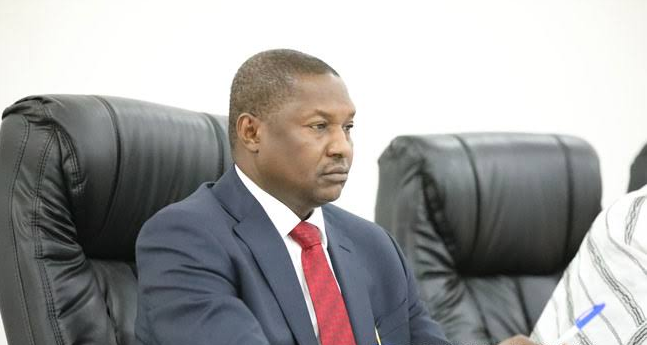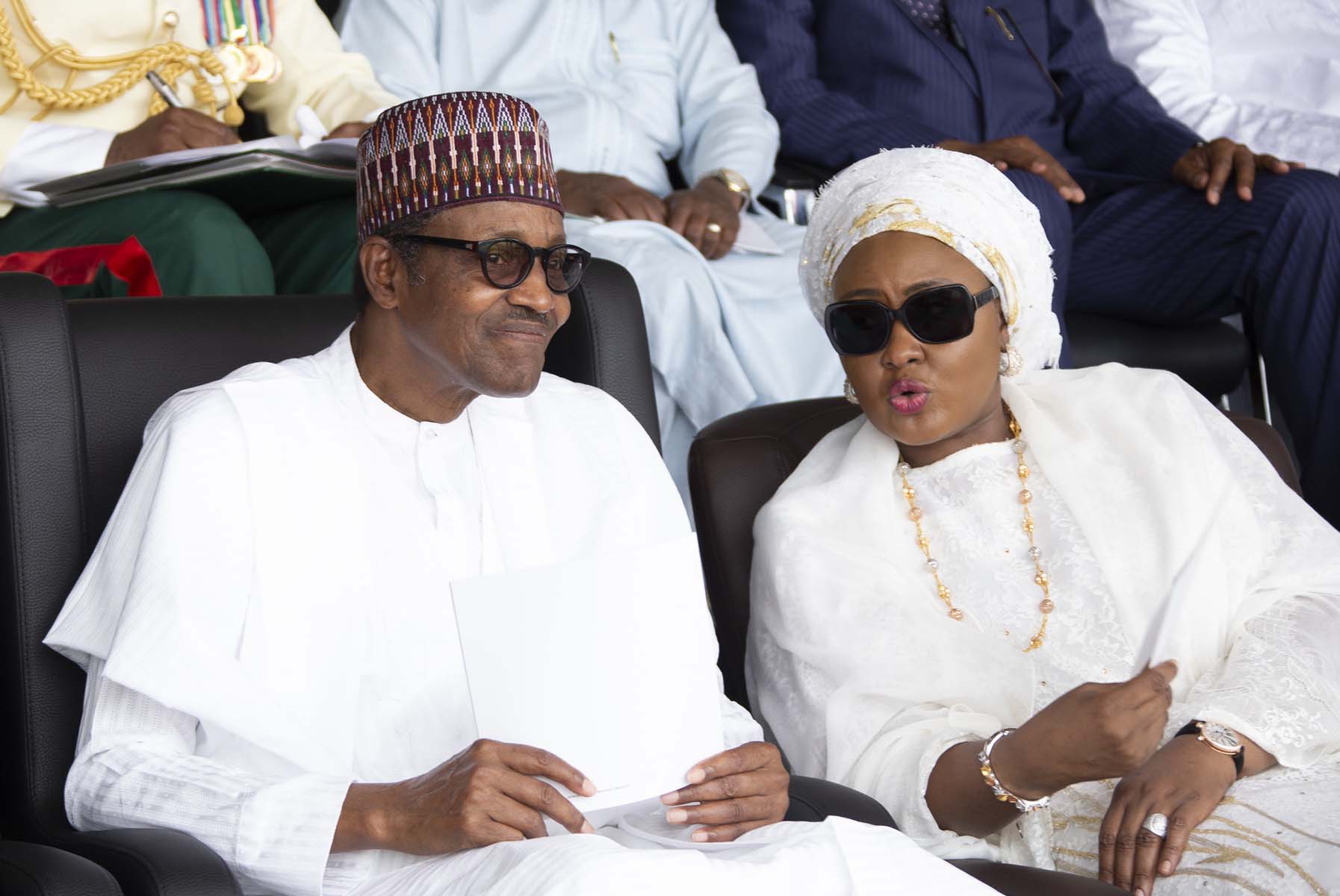A research conducted by the Central Bank of Nigeria’s financial inclusion secretariat and Enhancing Financial Innovation & Access (EFInA) has shown that approximately half of Nigeria’s population feel they do not have enough money to save.
According to the report, Assessment of Women’s Financial Inclusion, Nigerian women are less likely than Nigerian men to use formal financial services such as bank accounts, even when factors such as income, education, and trust in financial service providers are equal.
“Parents invest in male children whom they recognise as future heads of households as opposed to girls whom they view exclusively as current and future homemakers,” the report read.
“Such perceptions mean girls are more often burdened with household chores. This limits their capacity to regularly attend classes or pursue gainful employment outside of the
home.
Advertisement
“Restricted access to education also impedes women’s access to high quality, well-paying jobs. As a result, women are more likely than men to be vulnerably employed or unemployed.
“Women in Nigeria tend to have lower levels of income, education, and trust in financial service providers, this contributes strongly to the financial inclusion gender gap.”
Speaking at the report launch, Aishah Ahmad, the CBN deputy governor for financial system stability, said: “The path to inclusive economic growth is paved with women’s economic empowerment. The gender gap is rising.
Advertisement
“It is a worrying trend that underscores the importance of this research. We need to work with targeted segments and speak to their unique challenges. It requires not incremental thinking, but bold, visionary ideas that will drive transformation.”
Speaking about the research, Ashley Immanuel, EFInA’s head of programme, said: “This research highlights the ways in which gender inequality in Nigeria contributes to differences in financial access for men and women. To address the financial inclusion gender gap, we need to work together to address this gender inequality, earn women’s trust in financial services, and explore ways to build a better business case for reaching excluded women.”
Joseph Attah, the head of CBN’s financial inclusion secretariat, said research results showed that lack of education, low income and lack of trust in financial service providers were more prominent rather than religious and cultural issues.
Advertisement







